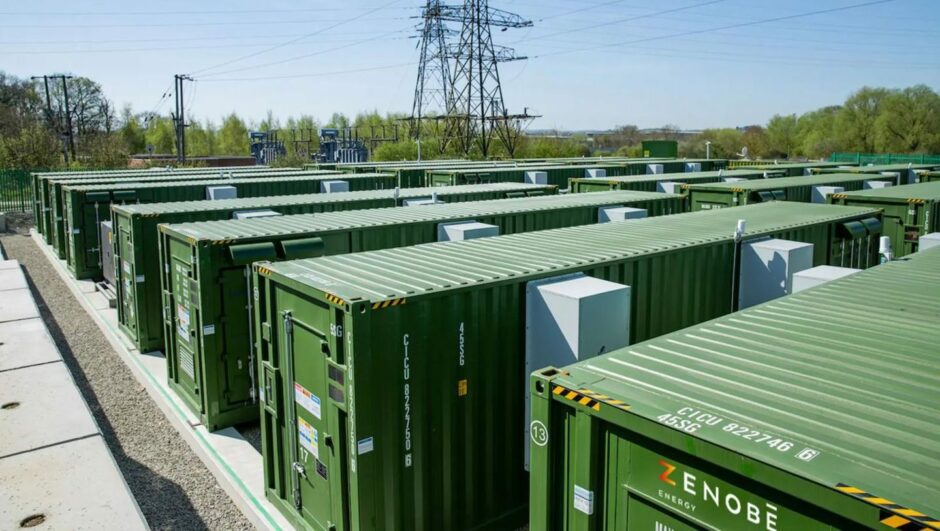
The government has opened a new consultation on changes to the UK’s Capacity Market (CM), including proposals that would significantly tighten the emissions limits on fossil fuel plants by the middle of next decade.
The CM forms the basis of the UK’s electricity supply security and uses competitive auctions to make sure there is enough power to meet the country’s peak electricity demands throughout the year.
A new consultation launched by the Department for Business, Energy and Industrial Strategy (BEIS) consultation on Monday is aimed at ensuring the scheme keeps pace with changes to the energy mix since its launch in 2014.
BEIS said the main goal of its latest proposals is to support the adoption of cleaner energy technologies, which are often cheaper than fossil fuel counterparts, and can support the delivery of a fully decarbonised power system by 2035 – as set out by the British Energy Security Strategy – without compromising security of supply.
It follows an earlier call for evidence in 2021, in which BEIS sought feedback on how the market could be better aligned with the country’s net zero goals, and also takes into account proposals put forward in the Review of Electricity Market Arrangements (REMA) launched last year.
New proposals include offering greater incentives for new technologies to compete in auctions by offering multi-year contracts for low-carbon flexible capacity, supporting a roll out of smart ‘demand side response’ (DSR) technologies and smaller-scale electricity storage.
It will also consider other changes such as reforming its approach to winter capacity performance testing, changes to how connection capacity is assessed, and providing a route for mothballed plants to participate in the market.
Driving decarbonisation
BEIS is also consulting on new timelines and requirements for oil and gas generators to reduce emissions, and provide routes for the decarbonisation of fossil plants via hydrogen and CCUS conversion.
Notably, this would include a significant lowering of emissions intensity limits by 2034.
The current intensity limit is 550gCO2/kWh – below the level emitted by coal, diesel and some older gas plants, but above the level of most gas plants.
Assets that do not meet this can still participate in the CM if they meet the yearly limit of 350kgCO2/kWh – the equivalent of around 400 hours of operation per year for an oil or diesel plant, depending on efficiency. (This mechanism allows more polluting plants to run for shorter times, in the event of severe disruption).
Under BEIS proposals, from 1 October 2034 new and refurbished capacity looking to secure CM agreements would have to meet intensity limits of 100gCO2/kWh.
This would enable low-carbon technologies that have some residual emissions, such as those with CCUS to meet the limit. BEIS estimates that a CCUS gas plant that is 50% thermally efficient would be able to meet the 100gCO2/kWh limit if it could meet a minimum CO2 capture rate of circa 73%.
However, the yearly limit of 350kgCO2/kWh would be maintained, to enable existing gas peaking plant to continue to operate for limited periods.
“This will send a clear signal to new build carbon intensive capacity to lower emissions either by decarbonising or reducing running hours,” the department said in a statement.
Energy and Climate Minister, Graham Stuart, added: “As we move towards cleaner and cheaper energy, it is essential that the UK provides secure and affordable energy for all.
“The plans set out today will deliver this reliable energy and ensure the scheme that sits at the heart of Britain’s energy security is fit for the future.”
RenewableUK chief executive Dan McGrail also welcomed the publication, describing the consultation as “an important step forward” in the process of meeting the 2035 targets.
“We need to incentivise more investment in new low carbon flexibility in our modern energy system based on renewable technologies including wind, solar, tidal stream and green hydrogen. This will strengthen the UK’s energy security, enabling us to move closer towards energy independence in the years ahead,” he added.
The consultation is open until 3 March, and is available via the department’s website.
Recommended for you
